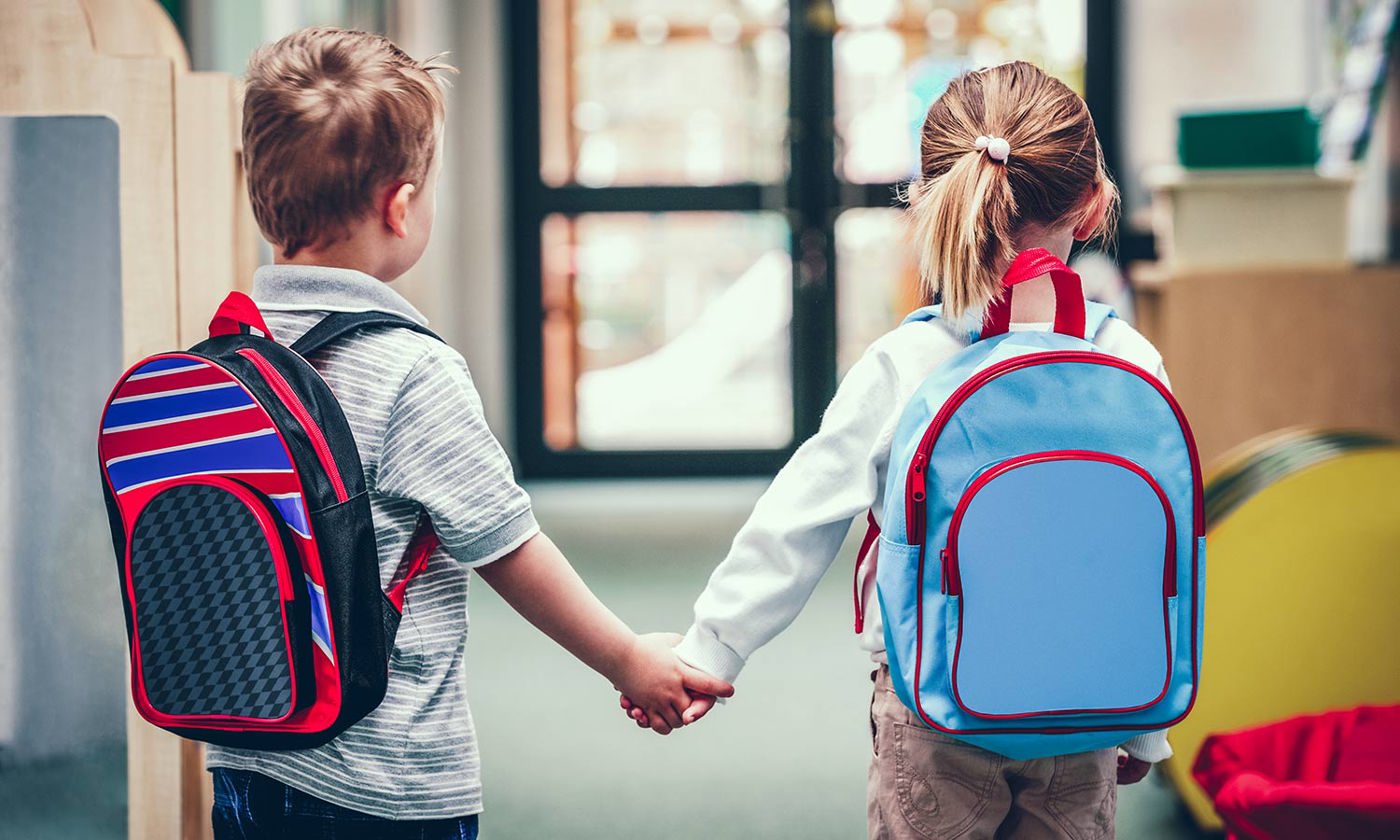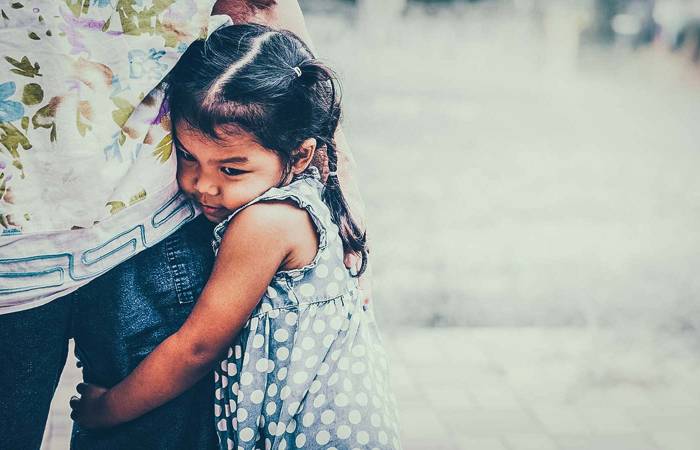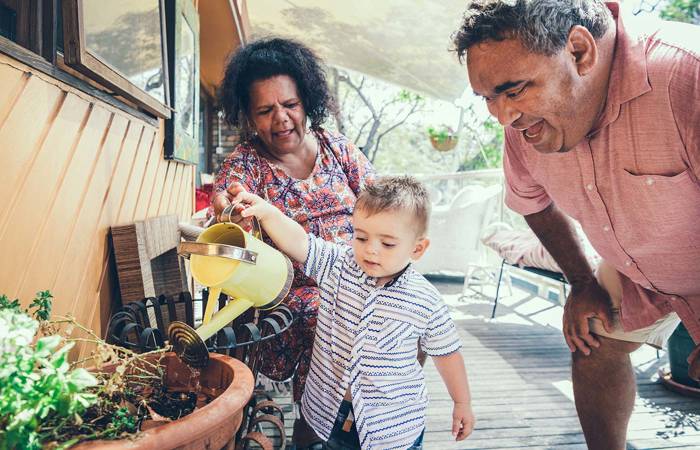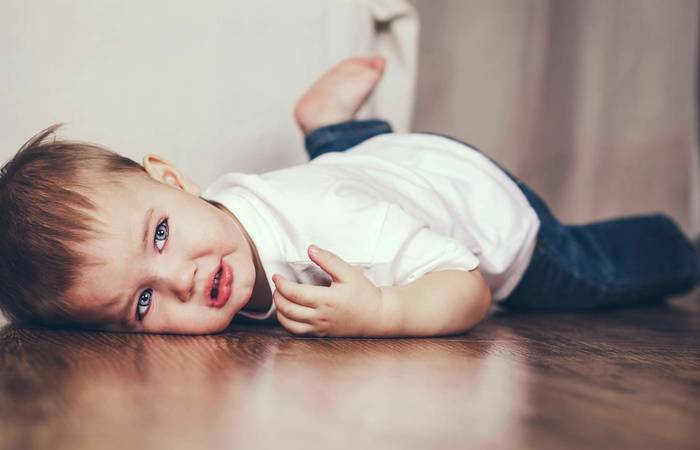Like what you see?
Sign up to receive more free parenting advice.
Thank you for subscribing to our newsletter!
Child Development

Credit: iStock.com/Dean Mitchell
For many adults if something goes wrong it’s our friends we call upon to help get us through. That’s because as adults, we know that good friends make life easier.
How we make friends – and keep them – changes as we age, but when it comes to helping our children get started with their first friendships, what should we do?
Our ability to make friends has a long-term payoff.
“Research has found that ensuring young children from birth to five have well-developed social skills will improve their opportunities for life, education and health; [it even shows] a reduction in the numbers of people who end up going to jail,” says Laurien Beane, Lecturer and Course Coordinator for Bachelor of Education (Early Childhood & Primary), and Bachelor of Early Childhood Education National Online at Australian Catholic University Queensland.
It’s something early childhood educators are well aware of.
“We do invest a lot of the early childhood curriculum into making sure children are socially integrated, as the outcomes for them, and for society, as they go through primary school and secondary school are much better,” says Laurien.
What’s developmentally normal?
How children gain this important social awareness (and make their first friends) changes rapidly as they move through toddlerhood and into their preschool years.
“It’s really important to see – can they make friends? Can they empathise with others? Can they share? Can they take turns? All of those things are really important for children,” says Laurien, noting that each skill comes at different stages in a child’s first five years.
Social and emotional development are intertwined. Children can be socially upset if they don’t understand what’s happening, so we can talk to them about that. Regulating their emotions can help them develop social skills and have friends.Laurien Beane
Stay up to date with the latest news and articles from First Five Years
Thank you for subscribing to our newsletter!
Friendship for 18 months – 2 years
The road to social skills starts slowly. Laurien says at 18 months to two years of age children become able to sit in a small group with other children with similar equipment around.
“They may be able to take turns at taking a block from a pile in the middle,” she says.
Of course, they might also take someone else’s block from them too.
“That’s perfectly okay: it’s within the limits of what we expect at that age,” Laurien says.
Naturally, the 18-month-old having his or her block taken may not be entirely happy, but this is where parents and educators can play a role.
"At that point you are modelling the skills of taking turns and sharing and talking about that. Whilst children at eighteen months to two years might not have the verbal capacity to explain why they are taking these blocks, they can understand a lot more than they can say," Laurien says.
Friendship at 2–3 years
Two to three-year-olds are moving to a stage of friendship known as parallel play. They understand they may be playing a game where another child is present, and they may even be doing the same actions, but they won't necessarily talk to each other.
“At this age children are starting to learn about their bodies and where they are in their environment. They learn about how much space they take up, and how to be in a space with another person and move around together,” says Laurien.
This is the real learning of parallel play, and it's commonly seen in this age group.
“Two to three-year-olds don't have the ability to think three steps ahead about the outcome [of their play] and to communicate that to another person yet - that comes next,” Laurien says.
Friendship at 3–4 years
At this stage socialising becomes something with more intention behind it, rather than the opportunism of becoming friends with another child who happens to be in the same physical space.
Shared interests kick in as part of a stage where friendship developments are helped along by “associative play”.
“You’ll see children doing a lot of make-believe play at this stage. They can think ahead and plan what they need to build a rocket or have a fairy picnic,” says Laurien.
One reason children with the same interests start to become friends through this more active play comes down to the unspoken and unwritten rules behind games.
“Children with a love of superheroes will associate together because they get the rules of the game. At this stage they start to learn about some of the subtle nuances of social skills. It's really complex,” Laurien says.
Friendship at 4–5 years
At this age the earlier groundwork starts to shine through as children begin to socialise through co-operative play.
“We'll see larger groups of children deciding to build something together and even allocating jobs to each other as they work on a concrete project together,” says Laurien.
How can parents help?
Making friends is a nuanced process, because we are introducing children to society with its formal rules and informal rules.
“We start teaching this from birth,” says Laurien.
One way parents can support children through the process is to help them regulate their emotions.
“Social and emotional development are intertwined. Children can be socially upset if they don’t understand what’s happening, so we can talk to them about that. Regulating their emotions can help them develop social skills and have friends,” Laurien says.
We should also remove the expectations that children always need to be happy, including in care or at school.
“Often, especially with children’s social development, it’s quite appropriate and reasonable for them to be sad, upset or frustrated. We need to teach children about this as well: that it’s okay, and that there are different ways to respond to these emotions,” says Laurien.
“It might mean teaching them to take themselves away from a social game or moving away from a friend for a while and taking some quiet time out to read, do a puzzle, or spend time with an older person.”
For busy parents, keeping an eye on our child’s emotions is important.
“It’s easy for us to make decisions for our small children without communicating what we are doing. But it’s really good to talk them through it as you are sharing, taking turns or showing empathy, just to reduce the opportunities for confusion that might be happening for young children,” Laurien says.






